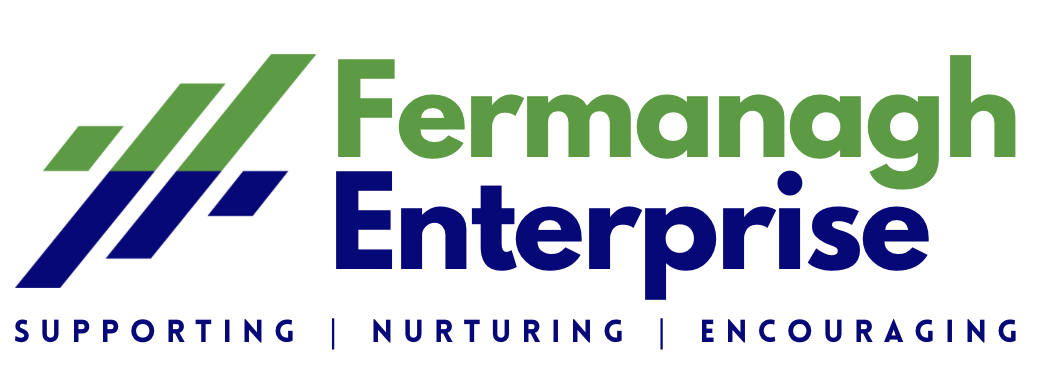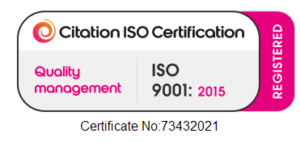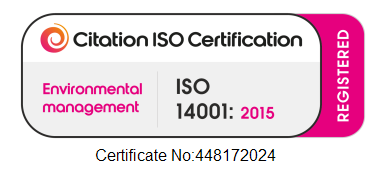If you’re self-employed or a member of a partnership and have been adversely affected by coronavirus (COVID-19) find out if you can use this scheme to claim a grant.
The scheme will allow you to claim a taxable grant of 80% of your average monthly trading profits, paid out in a single instalment covering 3 months, and capped at £7,500 altogether. This is a temporary scheme, but it may be extended.
If you receive the grant you can continue to work, start a new trade or take on other employment including voluntary work, or duties as an armed forces reservist.
The grant does not need to be repaid but will be subject to Income Tax and self-employed National Insurance.
HMRC will work out if you’re eligible and how much grant you may get. Read the information below to help you understand how HMRC will do this and what you can do now.
Who can claim
You can claim if you’re a self-employed individual or a member of a partnership and all of the following apply:
- you traded in the tax year 2018 to 2019 and submitted your Self Assessment tax return on or before 23 April 2020 for that year
- you traded in the tax year 2019 to 2020
- you intend to continue to trade in the tax year 2020 to 2021
- you carry on a trade which has been adversely affected by coronavirus
Your business could be adversely affected by coronavirus if, for example:
- you’re unable to work because you:
- are shielding
- are self-isolating
- are on sick leave because of coronavirus
- have caring responsibilities because of coronavirus
- you’ve had to scale down or temporarily stop trading because:
- your supply chain has been interrupted
- you have fewer or no customers or clients
- your staff are unable to come into work
You should not claim the grant if you’re a limited company or operating a trade through a trust.
To work out your eligibility HMRC will first look at your 2018 to 2019 Self Assessment tax return. Your trading profits must be no more than £50,000 and at least equal to your non-trading income.
If you’re not eligible based on the 2018 to 2019 Self Assessment tax return, HMRC will then look at the tax years 2016 to 2017, 2017 to 2018, and 2018 to 2019.
Find out how HMRC will work out your eligibility including if HMRC has to use other years.
Grants under the Self-Employment Income Support Scheme are not counted as ‘access to public funds’, and you can claim the grant on all categories of work visa.
Your tax agent or adviser cannot make the claim for you. You must make the claim yourself. If you have an agent you should contact them if you need any help or support.
How different circumstances affect the scheme
Check if your circumstances affect your eligibility for the following:
- if your return is late, amended or under enquiry
- if you’re a member of a partnership
- if you’re on or took parental leave
- if you have loans covered by the loan charge
- if you claim averaging relief
- if you’re non-resident or chose the remittance basis
- state aid
Check if you’re eligible to claim
You can check online to find out if you’re eligible to make a claim. Your tax agent or adviser can also check your eligibility on your behalf.
You’ll need your:
- Self Assessment Unique Taxpayer Reference (UTR) number – if you do not have this find out how to get your lost UTR number
- National Insurance number – if you do not have this find out how to get your lost National Insurance number
Online services may be slow during busy times. Find out if there are any problems with this service.
Check if you are eligible for the Self-employment Income Support Scheme.
If you’re eligible
HMRC will tell you the date you’ll be able to make your claim from and ask you to add your contact details.
If you can claim immediately you’ll also need your:
- Government Gateway user ID and password – if you do not have a user ID, you can create one when you check your eligibility or make your claim
- UK bank details (only provide bank account details where a Bacs payment can be accepted) including:
- bank account number
- sort code
- name on the account
- your address linked to your bank account
You’ll have to confirm to HMRC that your business has been adversely affected by coronavirus.
If you’re not eligible
HMRC has used the information you or your tax agent or adviser sent us on your Self Assessment tax returns to work out your eligibility.
If you submitted your returns between 26 March 2020 and 23 April 2020 check your eligibility again as the online service has been updated.
If you think you are eligible, you should first check who can claim or contact your tax agent or adviser for help.
If you still think you should be able to claim you can ask HMRC to review your eligibility.
How much you’ll get
You’ll get a taxable grant based on your average trading profit over the 3 tax years:
- 2016 to 2017
- 2017 to 2018
- 2018 to 2019
HMRC will work out your average trading profit by adding together your total trading profits or losses for the 3 tax years, then HMRC will divide by 3.
The grant will be 80% of your average monthly trading profits, paid out in a single instalment covering 3 months, and capped at £7,500 altogether. The online service will tell you how HMRC worked your grant out.
The grant amount HMRC work out for you will be paid directly into your bank account, in one instalment.
Find out how HMRC will work out your average trading profits including if you have not traded for all 3 years.
How to claim
The online service is now available. Make your claim from the date HMRC gave you.
If you’re unable to claim online you should contact HMRC for help.
If you receive texts, calls or emails claiming to be from HMRC, offering financial help or a tax refund and asking you to click on a link or to give personal information, it is a scam. You should email it to phishing@hmrc.gov.uk and then delete it.
Other help you can get
Get other financial support
You can make a claim for Universal Credit while you wait for the grant. The grant may affect the amount of Universal Credit you get, but will not affect claims for earlier periods.
The government is also providing the following additional help for the self-employed:
- deferral of Self Assessment payments due in July 2020
- deferral of VAT payments due from 20 March 2020 until 30 June 2020
- Business Interruption Loan Scheme
- Bounce Back Loan
If you have other employment as a director or employee paid through PAYE your employer may be able to get support using the Coronavirus Job Retention Scheme.
Get help online
You can watch videos and register for free webinars to learn more about the support available to help you deal with the economic impacts of coronavirus.
Contacting HMRC
You can contact HMRC if you cannot get the help you need online
Source: NIBUSINESSINFO











